An important milestone in the history of the reserve was the dropping of the fences between the Timbavati and the Kruger National Park in 1993, other adjoining privately owned conservation areas did the same. This expansion of the open system initially included Timbavati, Klaserie, and Umbabat Private Nature Reserves, and later the Balule Nature Reserve, adding some 184,000 hectares to what is today referred to as the Greater Kruger National Park. More recently the fences between the Timbavati and its neighbor to the west, Thornybush, were also dropped, which opened an additional 14,500 hectares, further encouraging natural species migration.
TIMBAVATI LODGES RESERVATIONS
Luxury Safari Lodges & Tours
Timbavati Lodges Reservations offers luxury & discounted safari lodges & tours within Kruger National Park. The Timbavati Reserve is one of Kruger National Park's most prestigious wildlife reserves covering 53 000 hectares (131 000 acres) of pristine big five wilderness. Since that early start, the Timbavati has grown and now covers an area of 53,396 hectares with 47 landowners. Bound by a common constitution, the association is a non-profit body solely committed to preserving the fauna and flora of the area.
Map of Timbavati Nature Reserve

Timbavati Nature Reserve
Why book with Timbavati?
- Witness amazing wildlife sightings
- Appreciate a more individualised safari experience with fewer crowds and knowledgeable guides.
- Discover a range of environments that offer varied beauty and opportunities to see wildlife, from beautiful riverine habitats to expansive savannas.
- Staying at a reserve that is dedicated to sustainable tourism and conservation will help to preserve the habitats and wildlife
- Select from a variety of luxurious lodges and campers that provide comfort, elegance, and a close-knit experience with the natural world.
Timbavati Accommodation Gallery
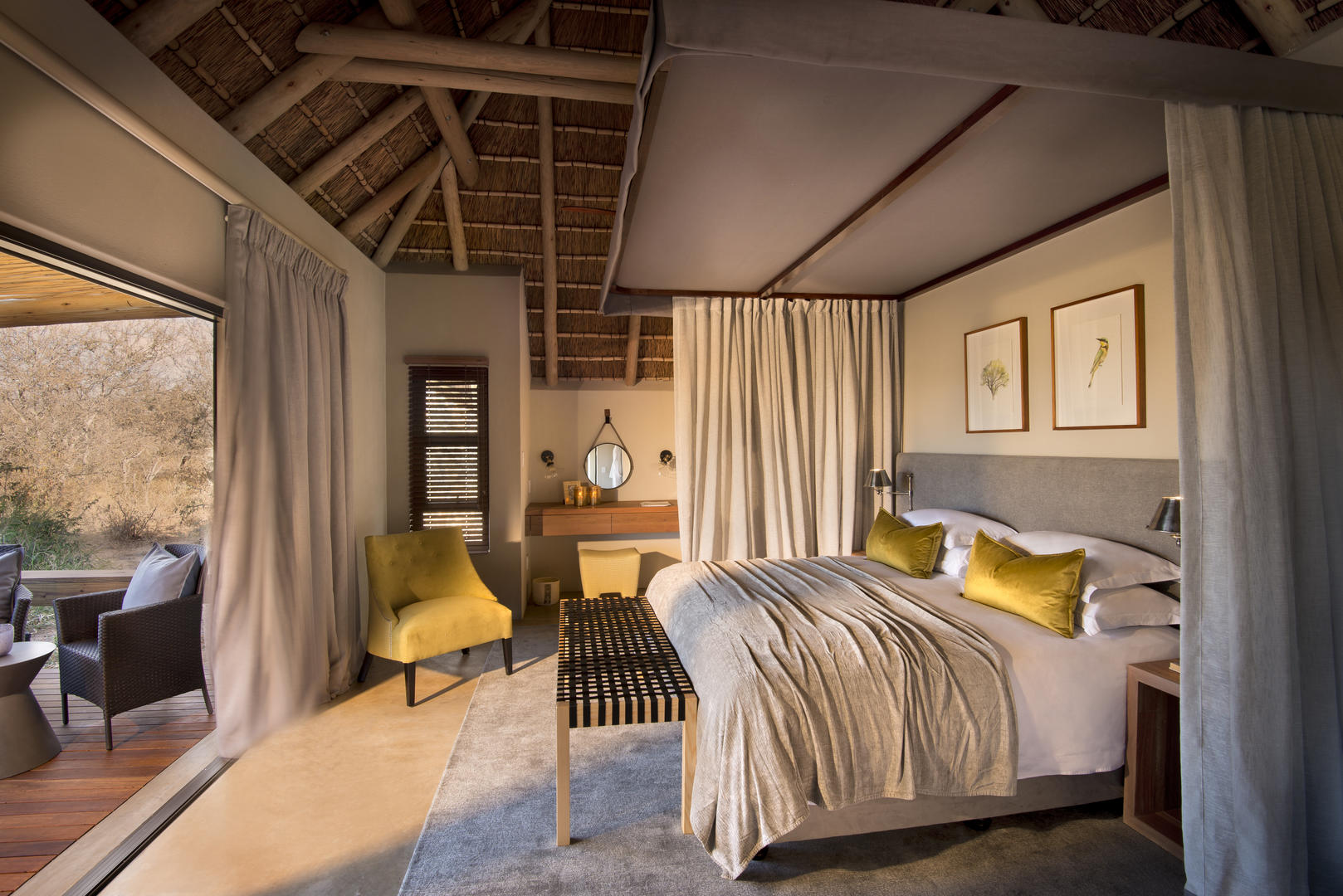
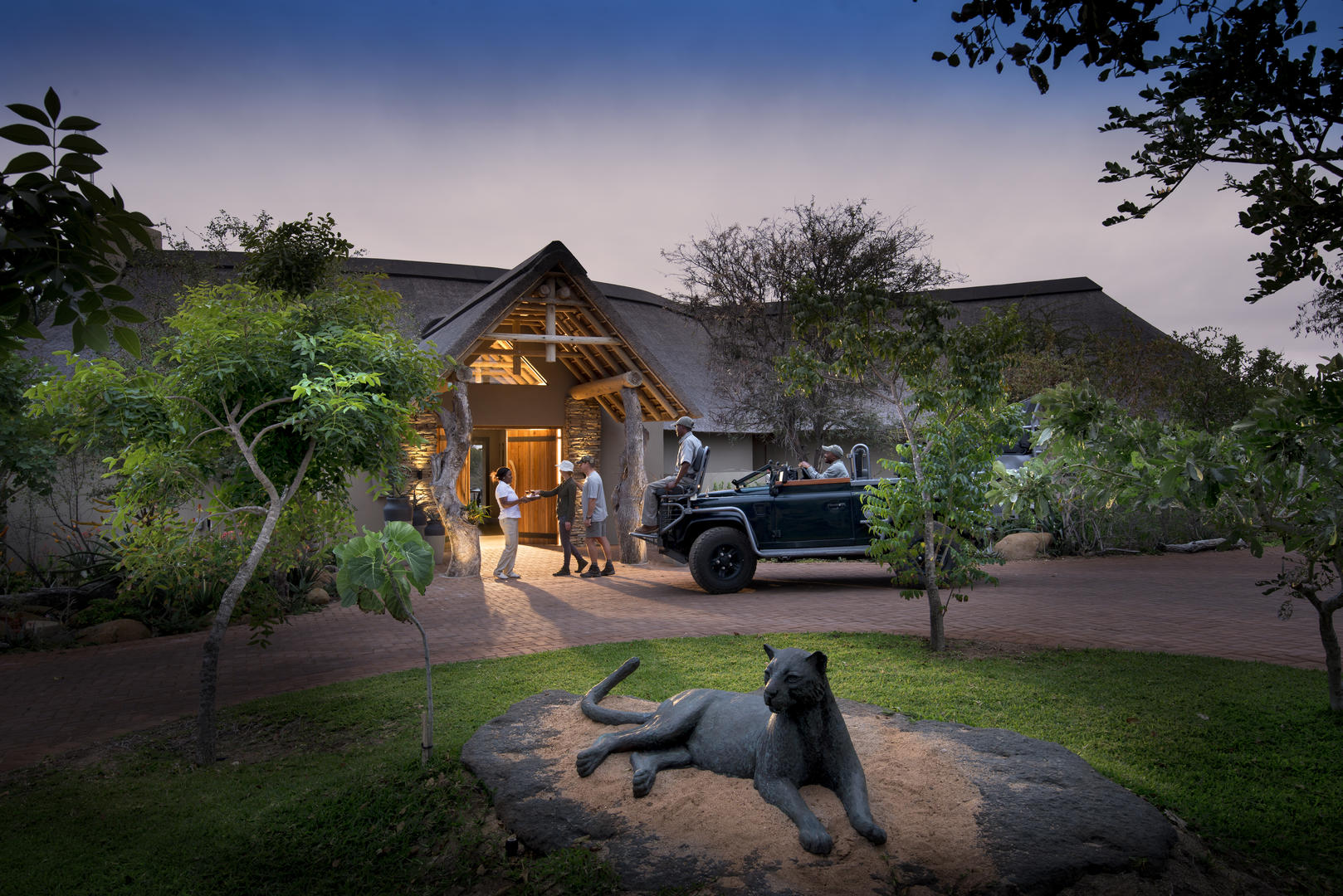
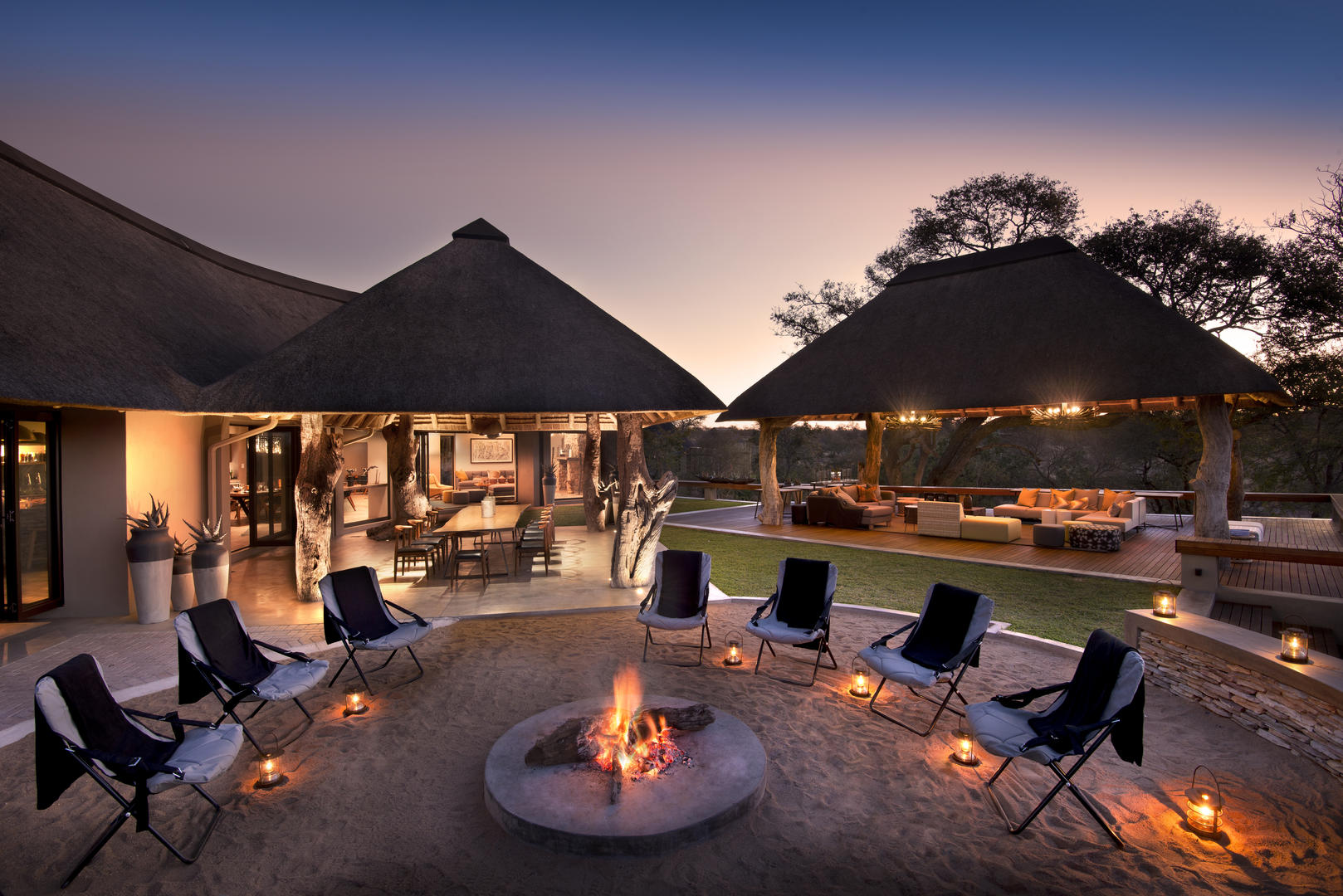
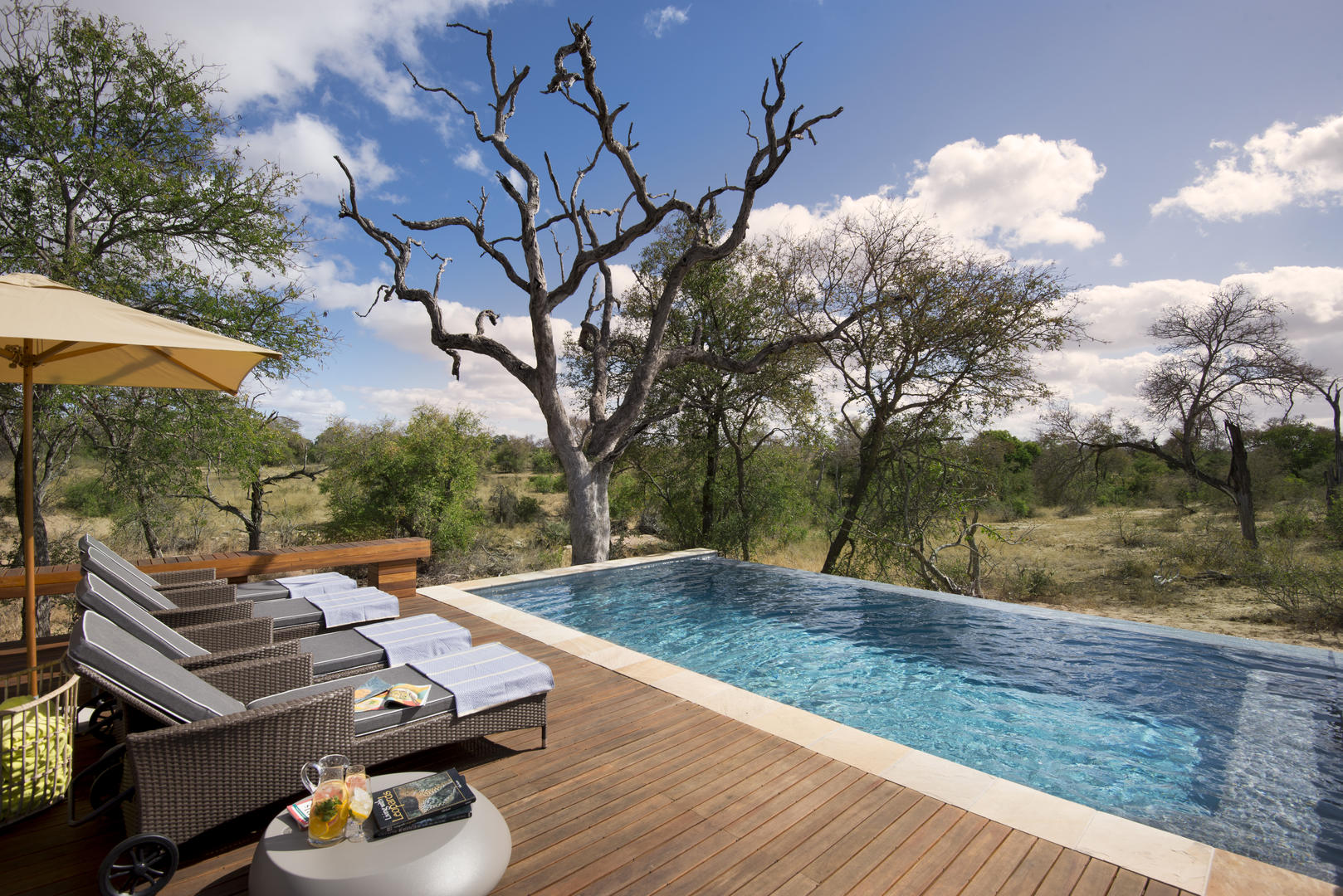
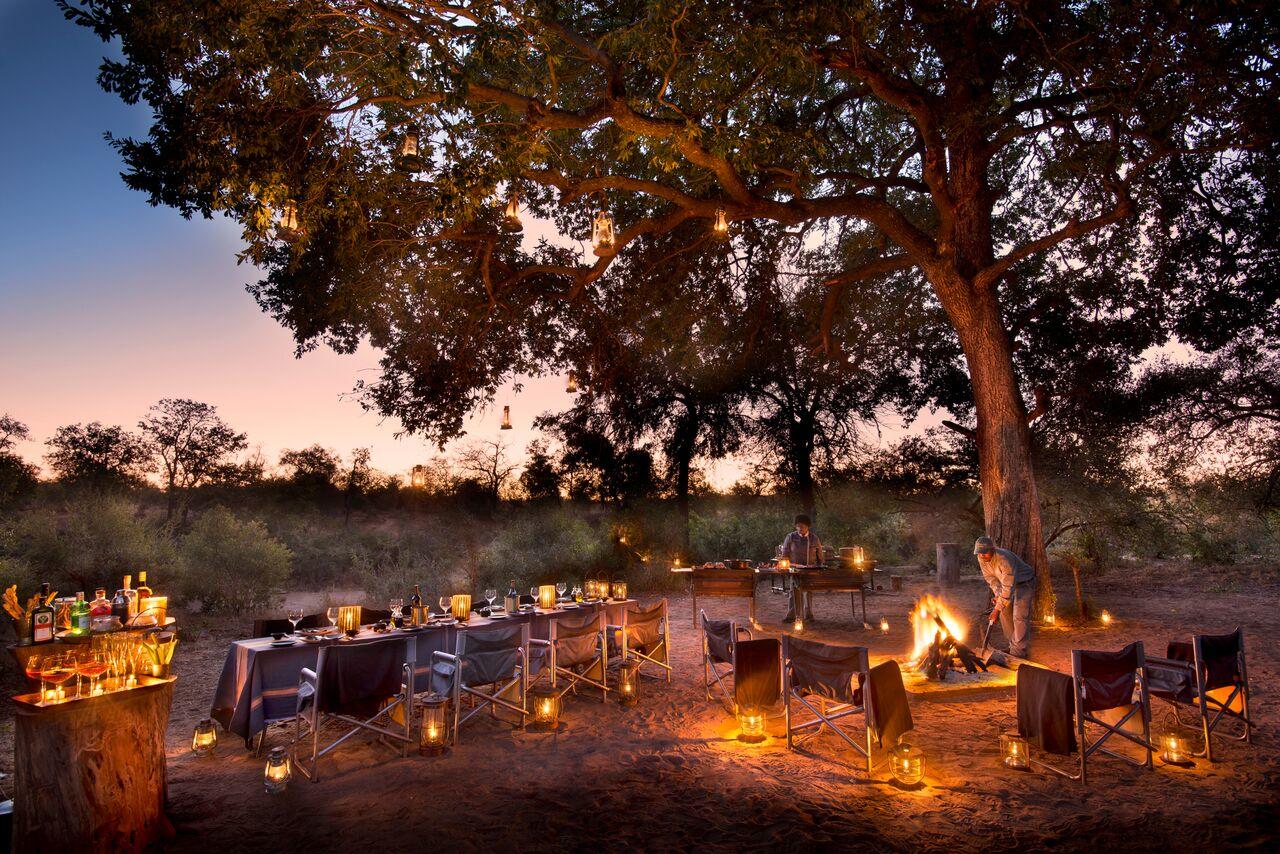
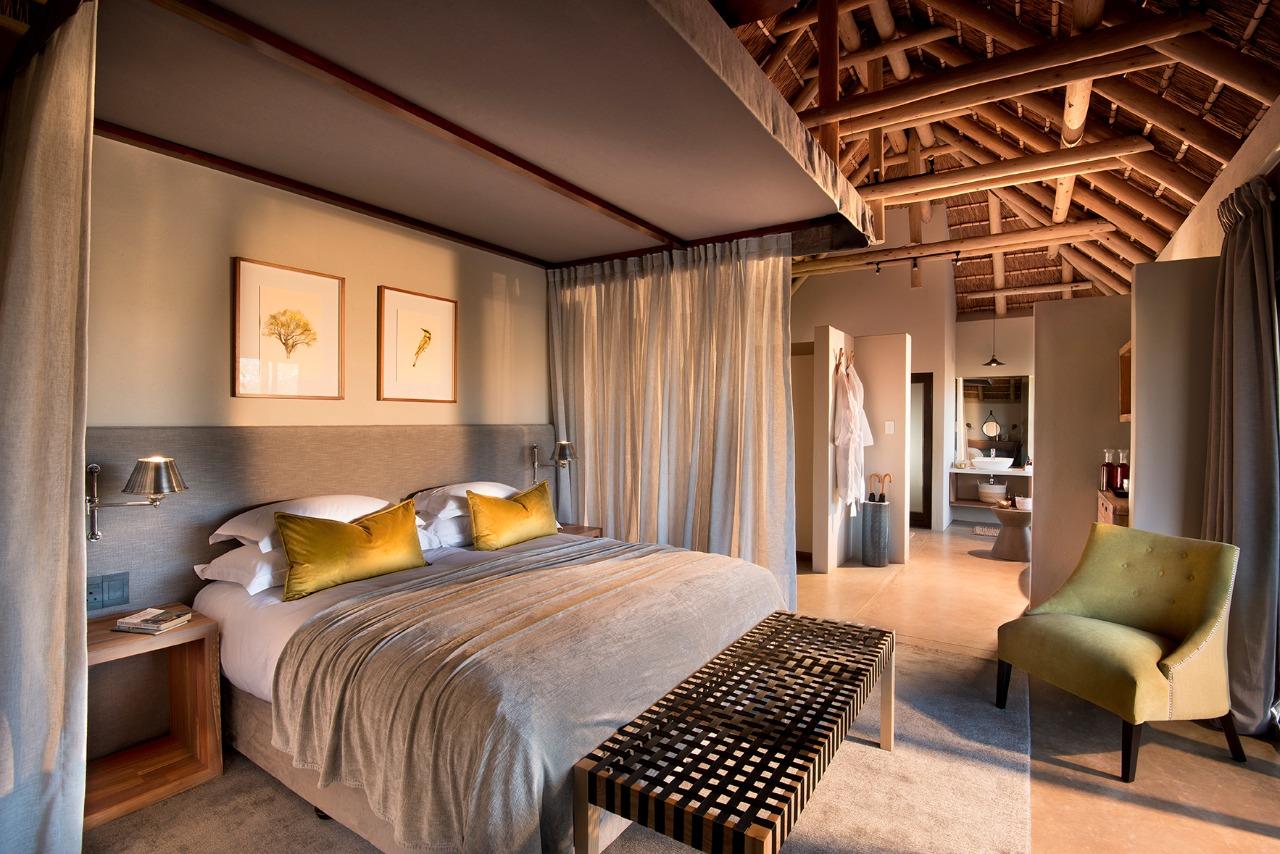
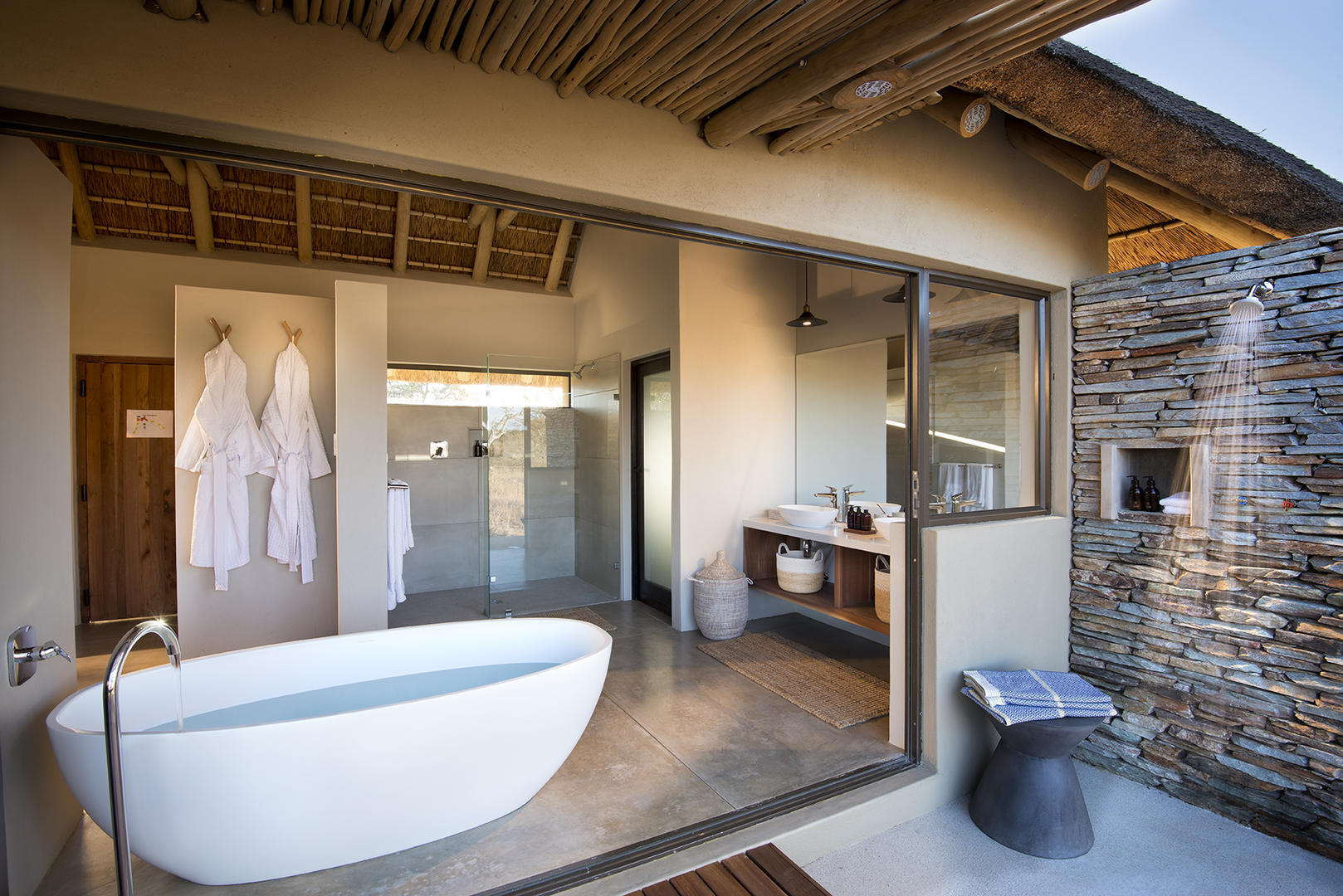
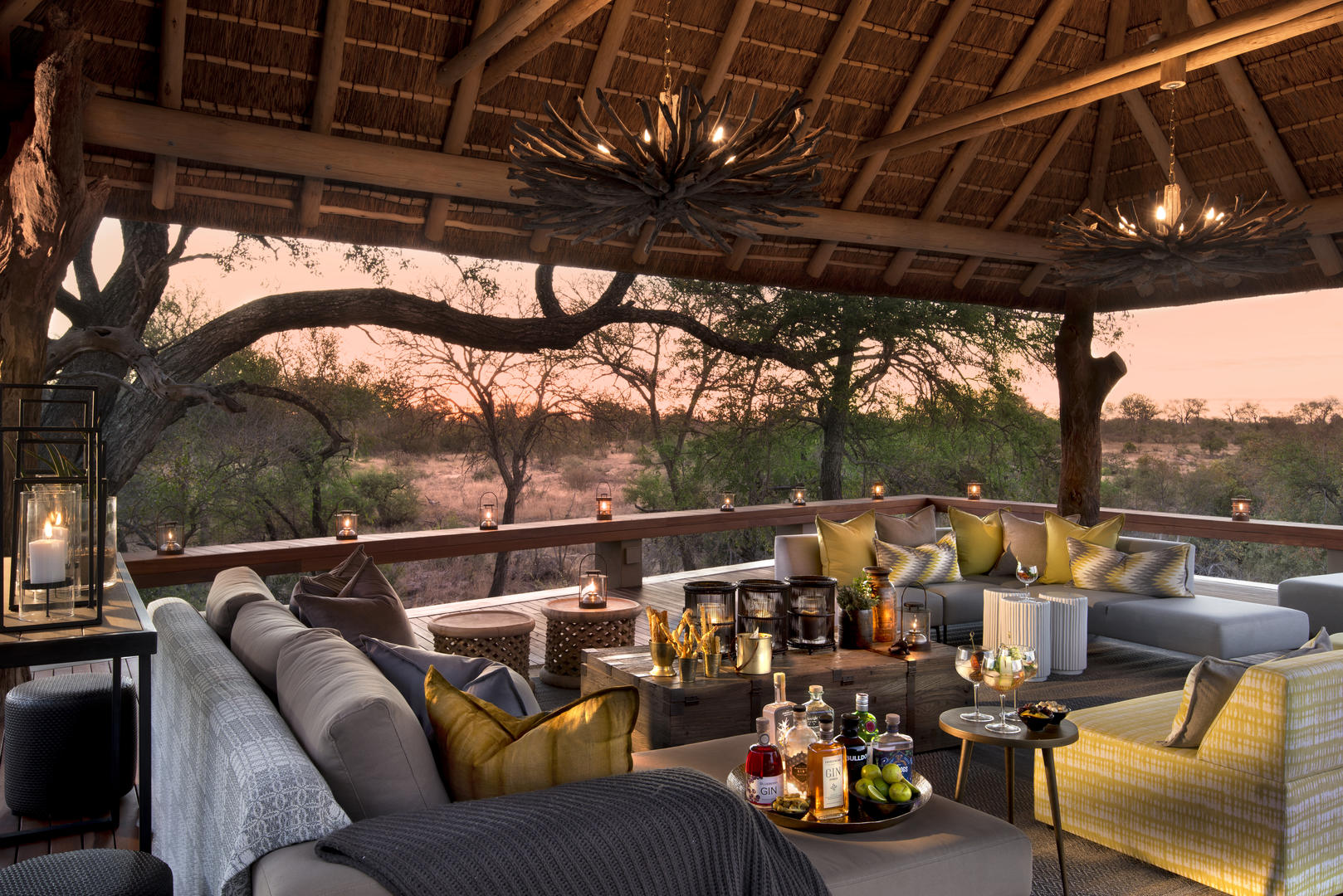
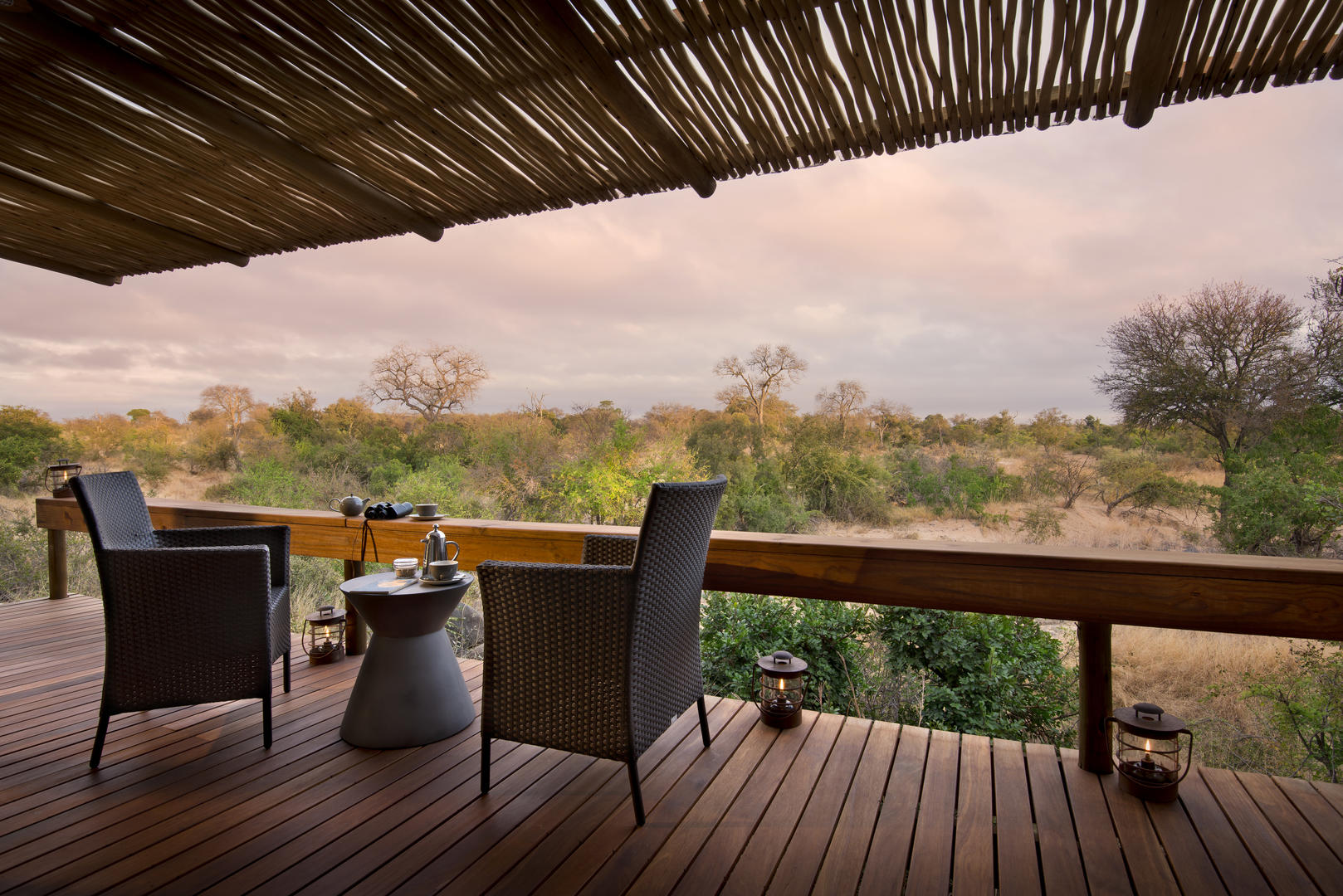
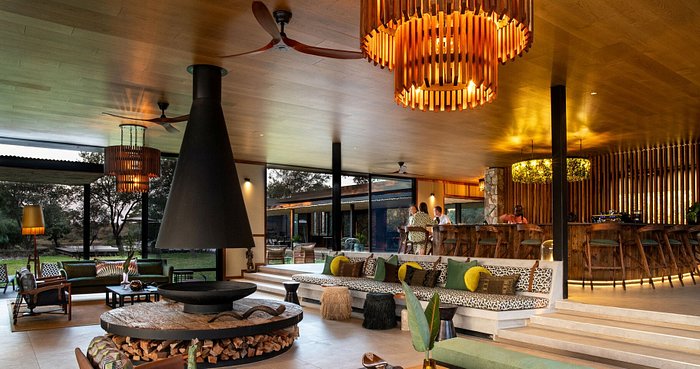
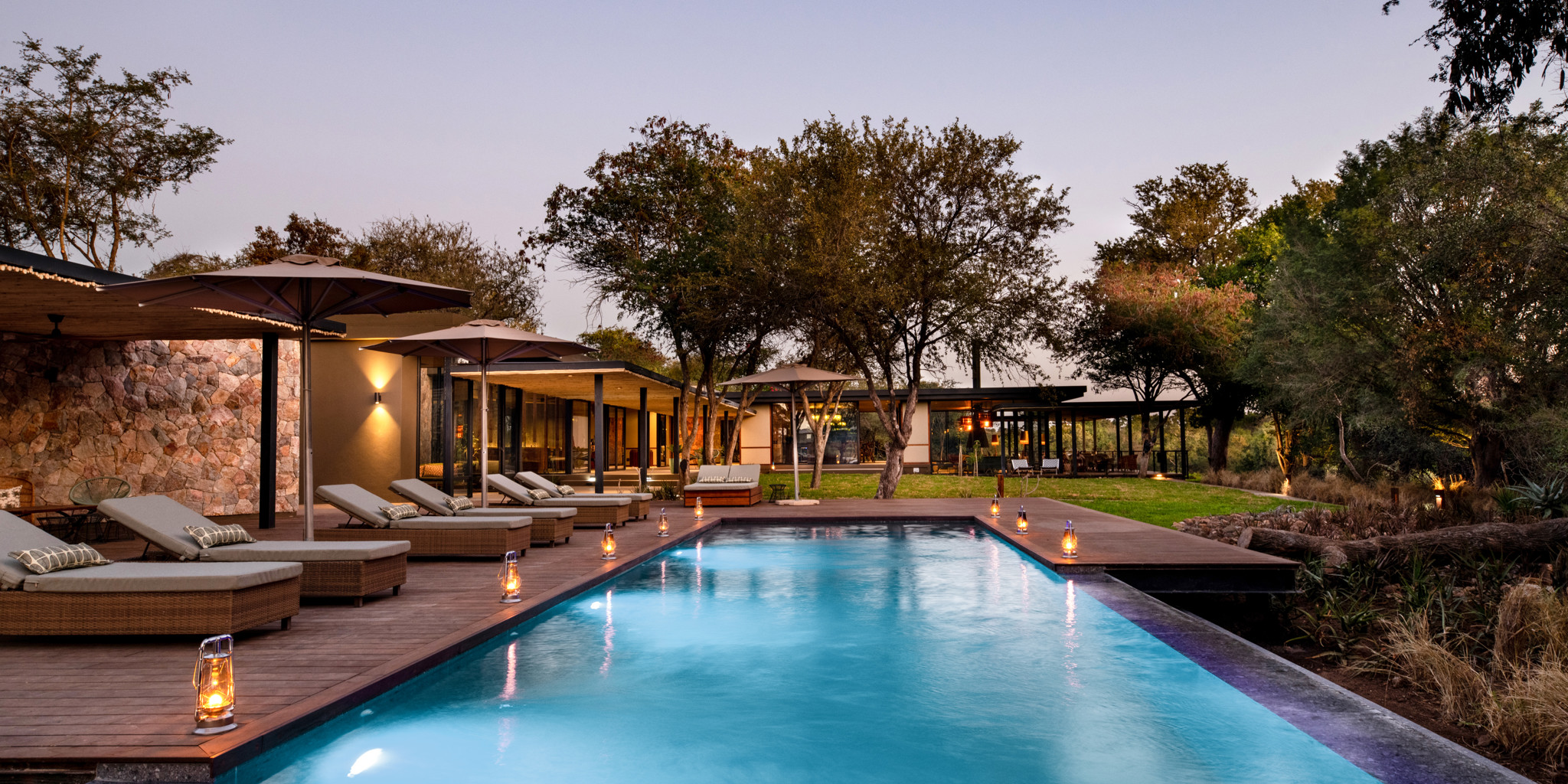
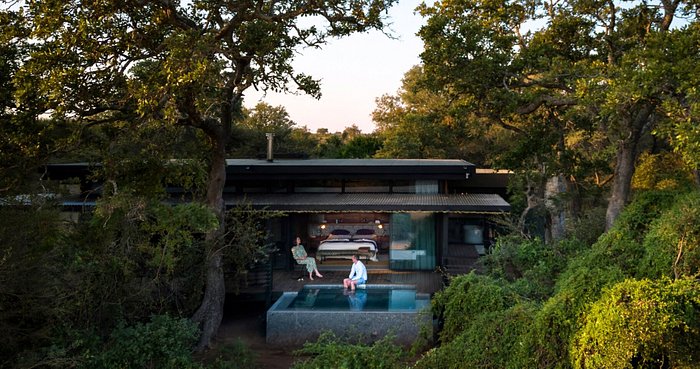
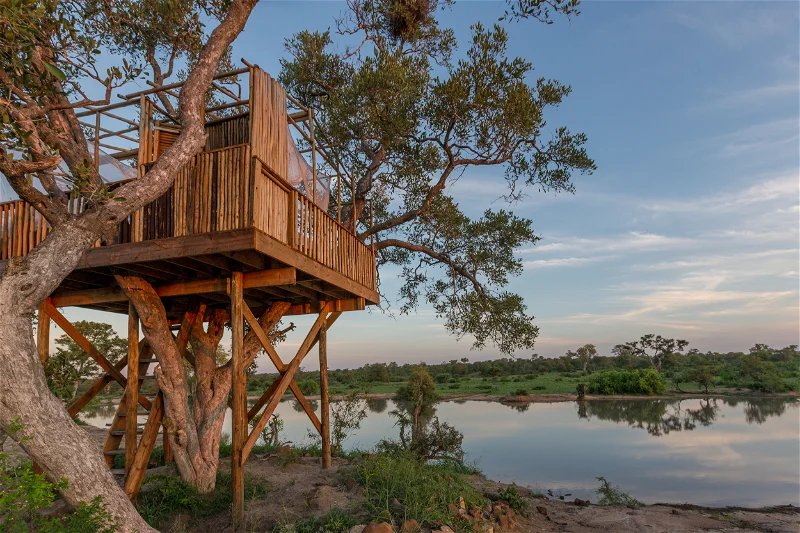
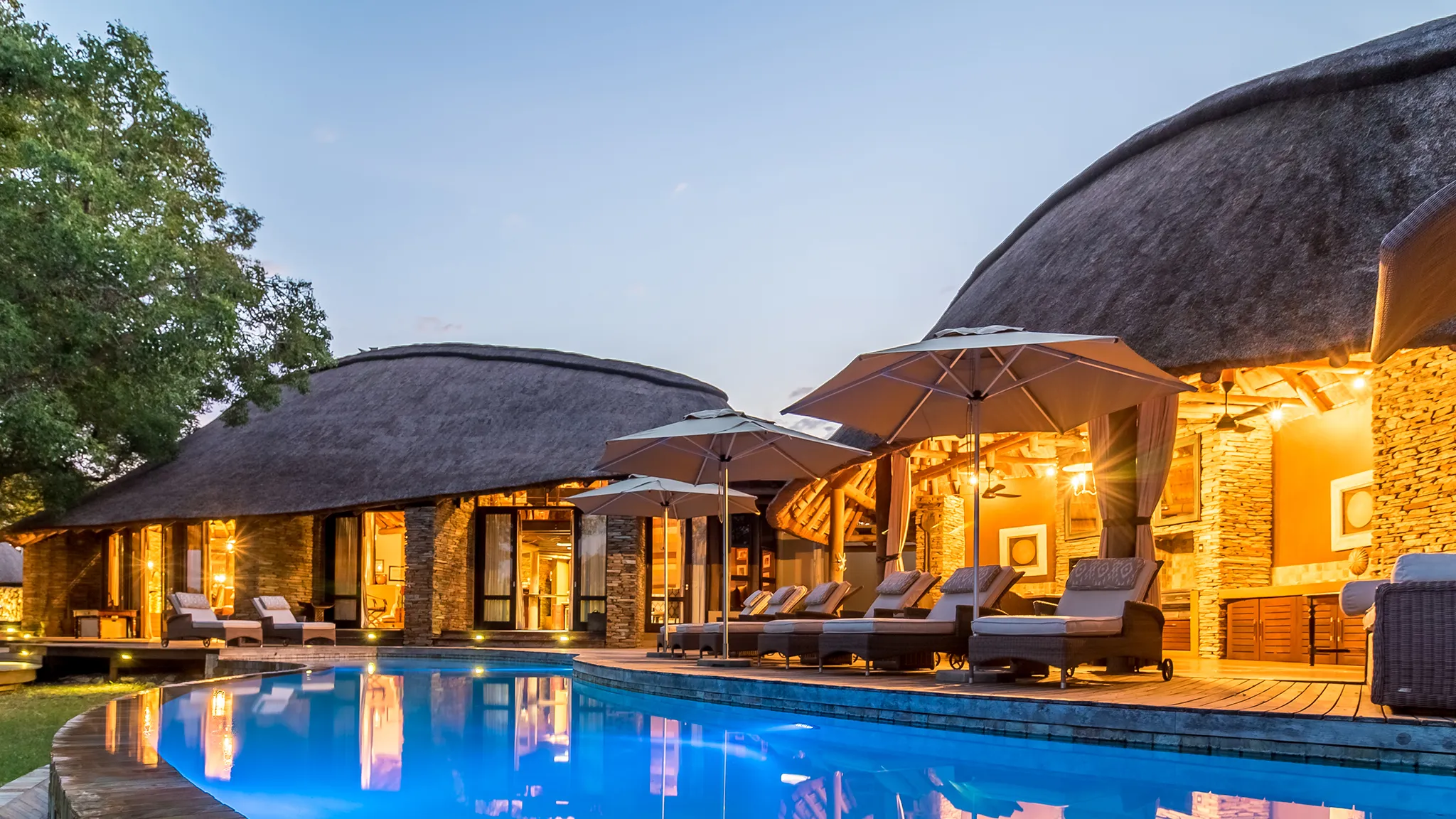
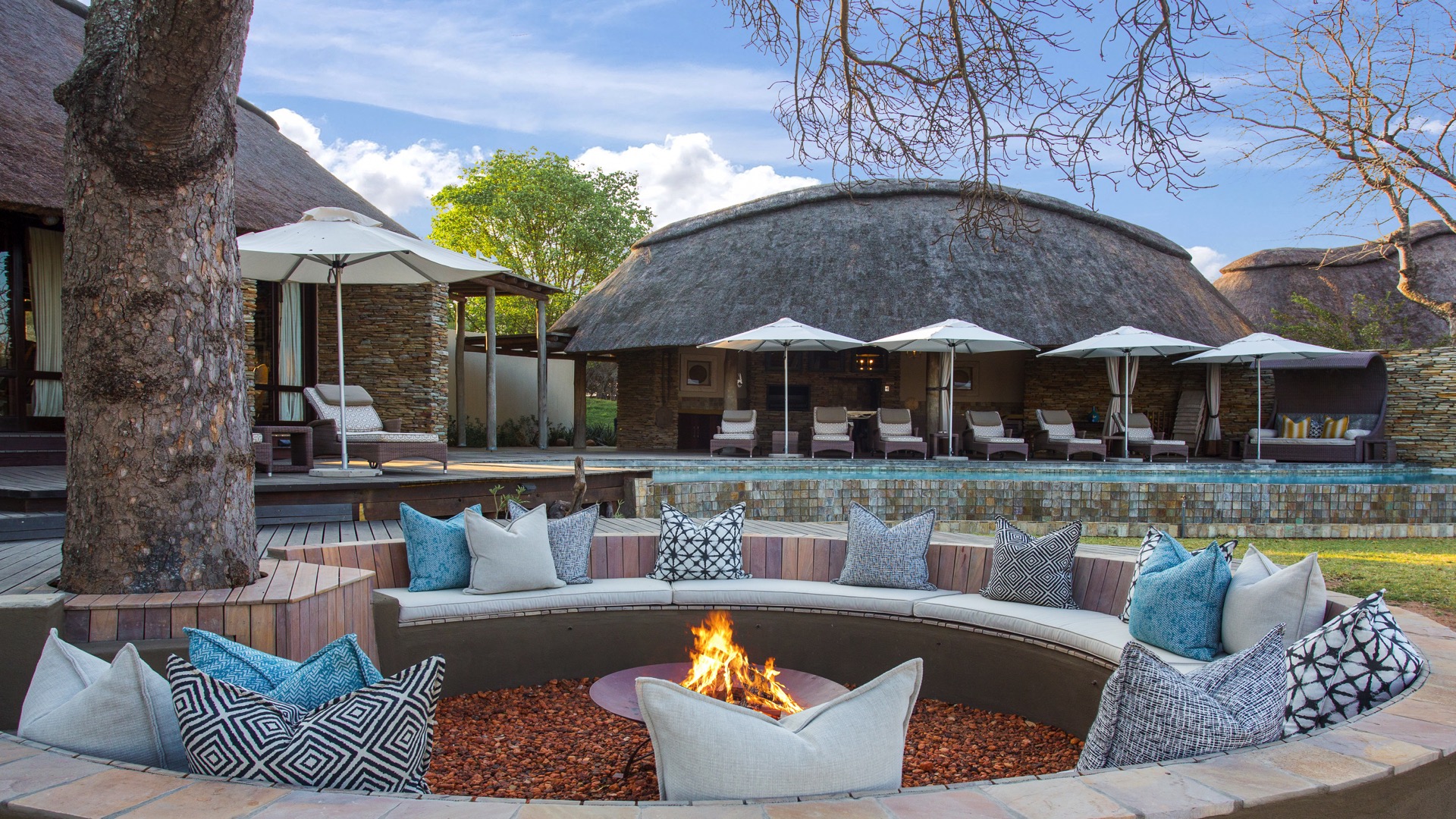

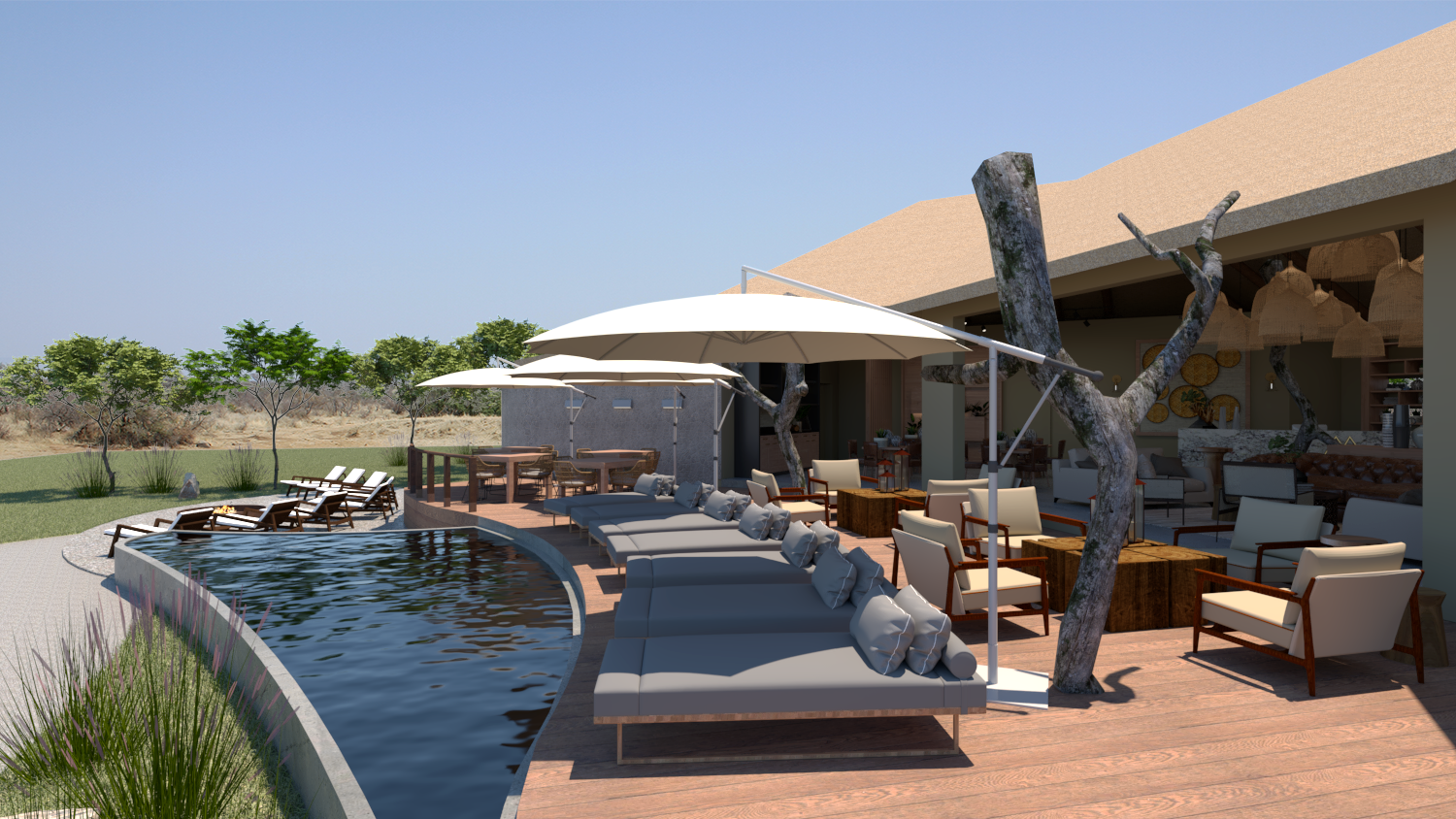
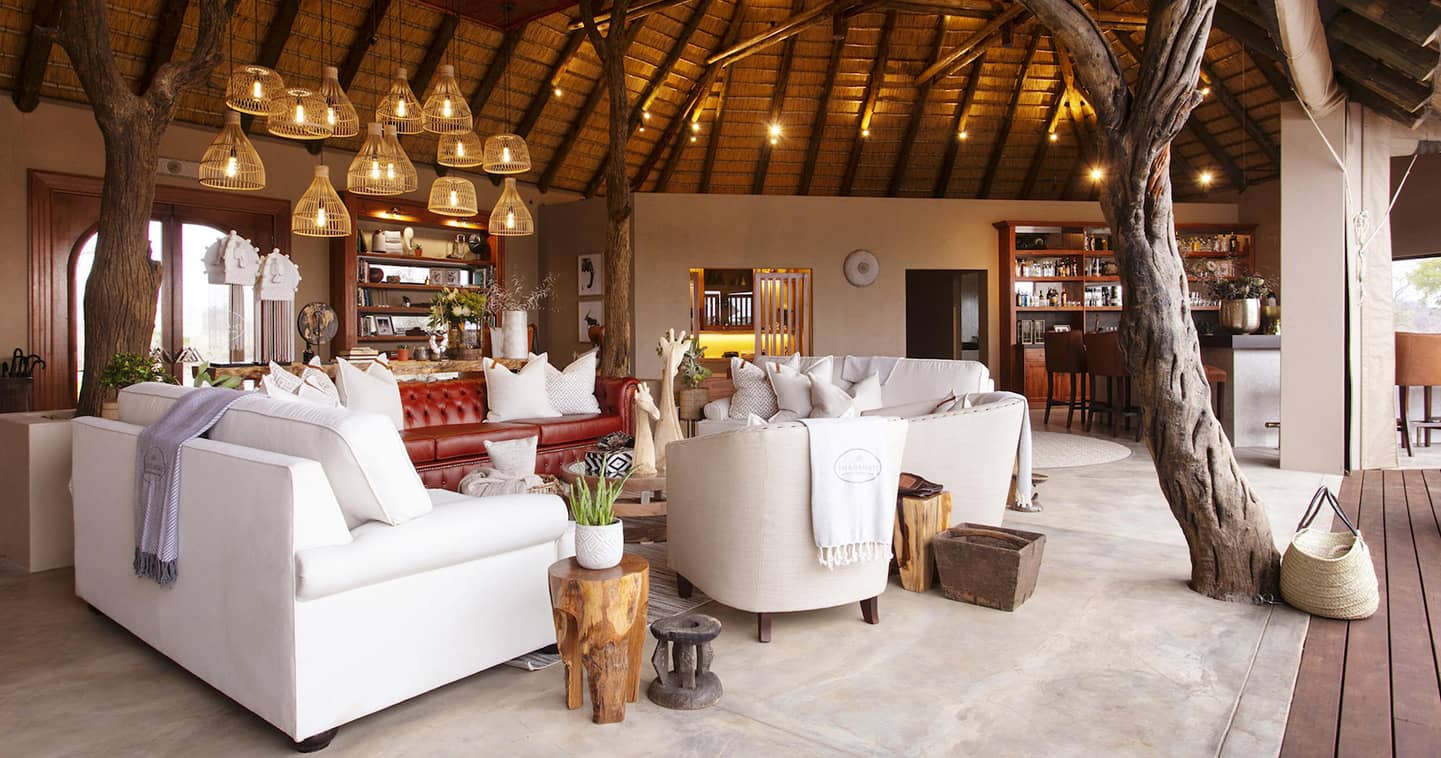
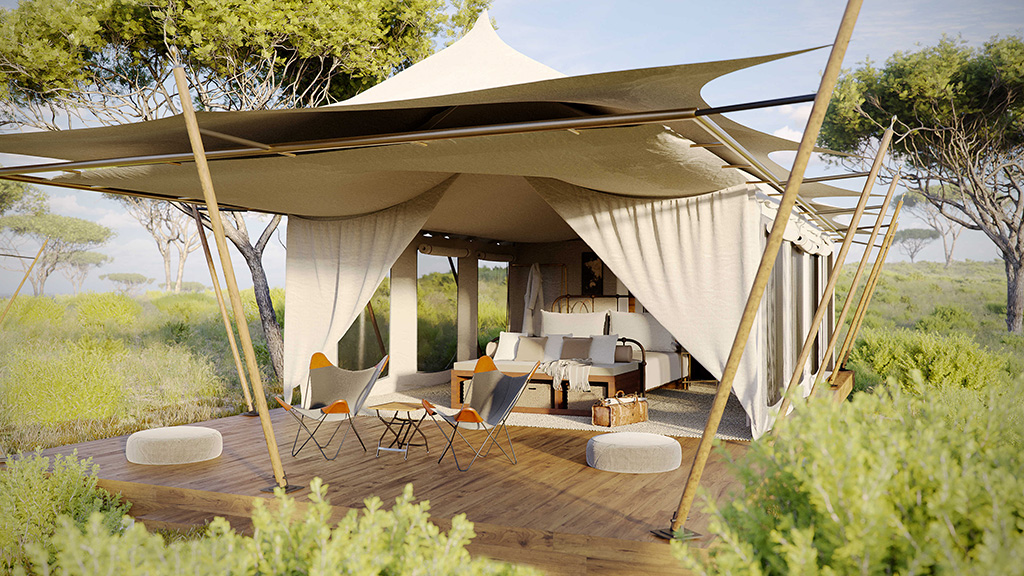
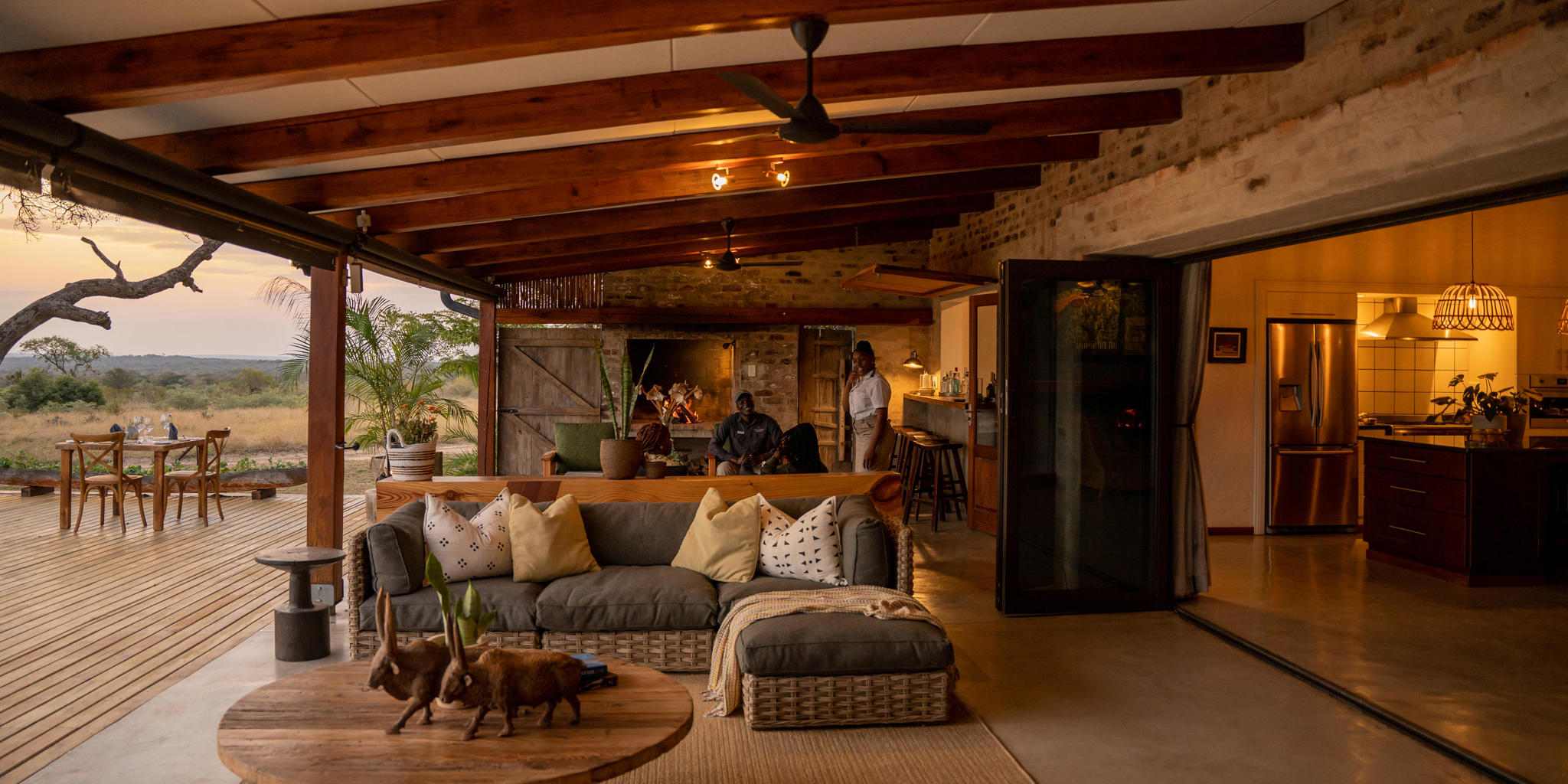
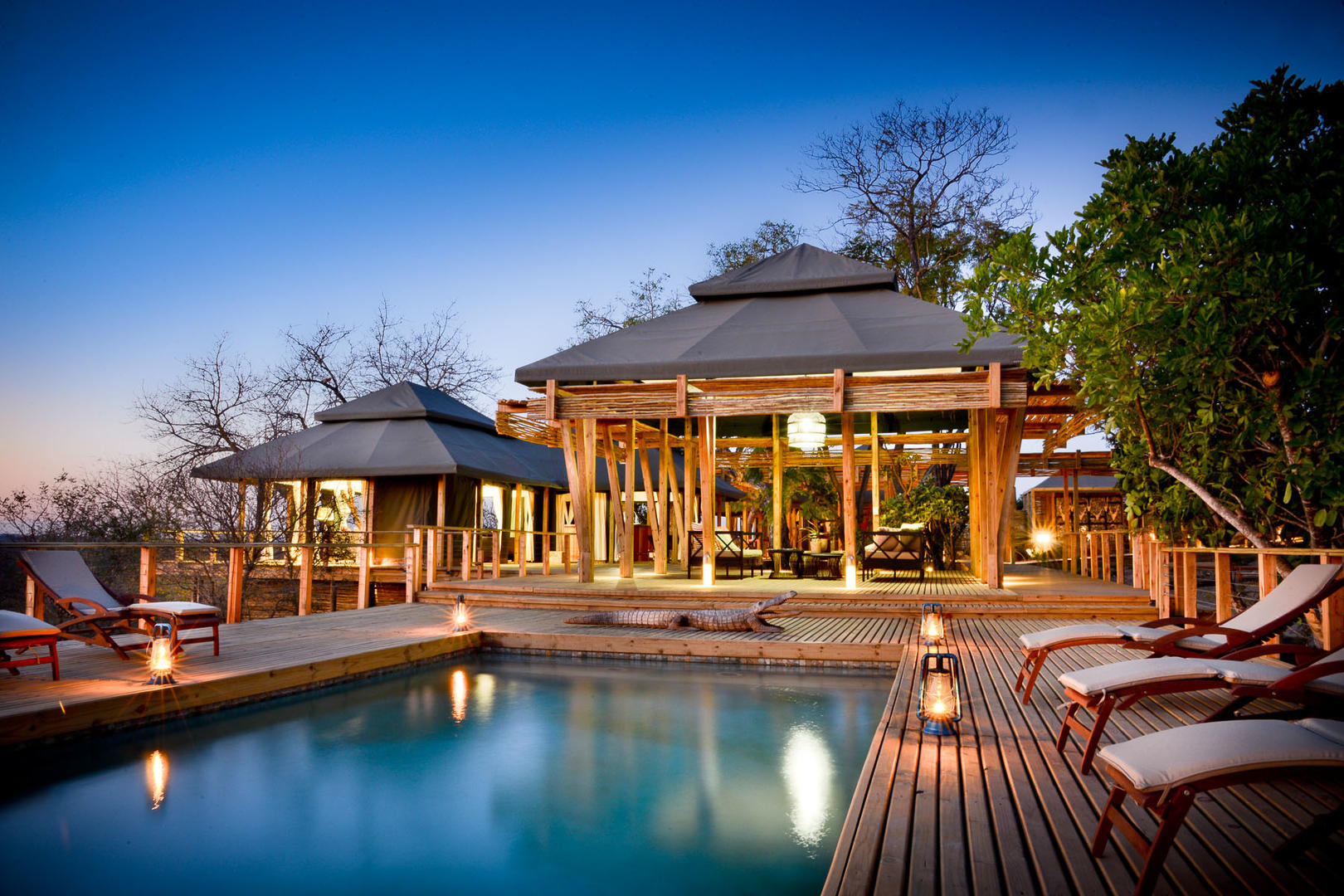
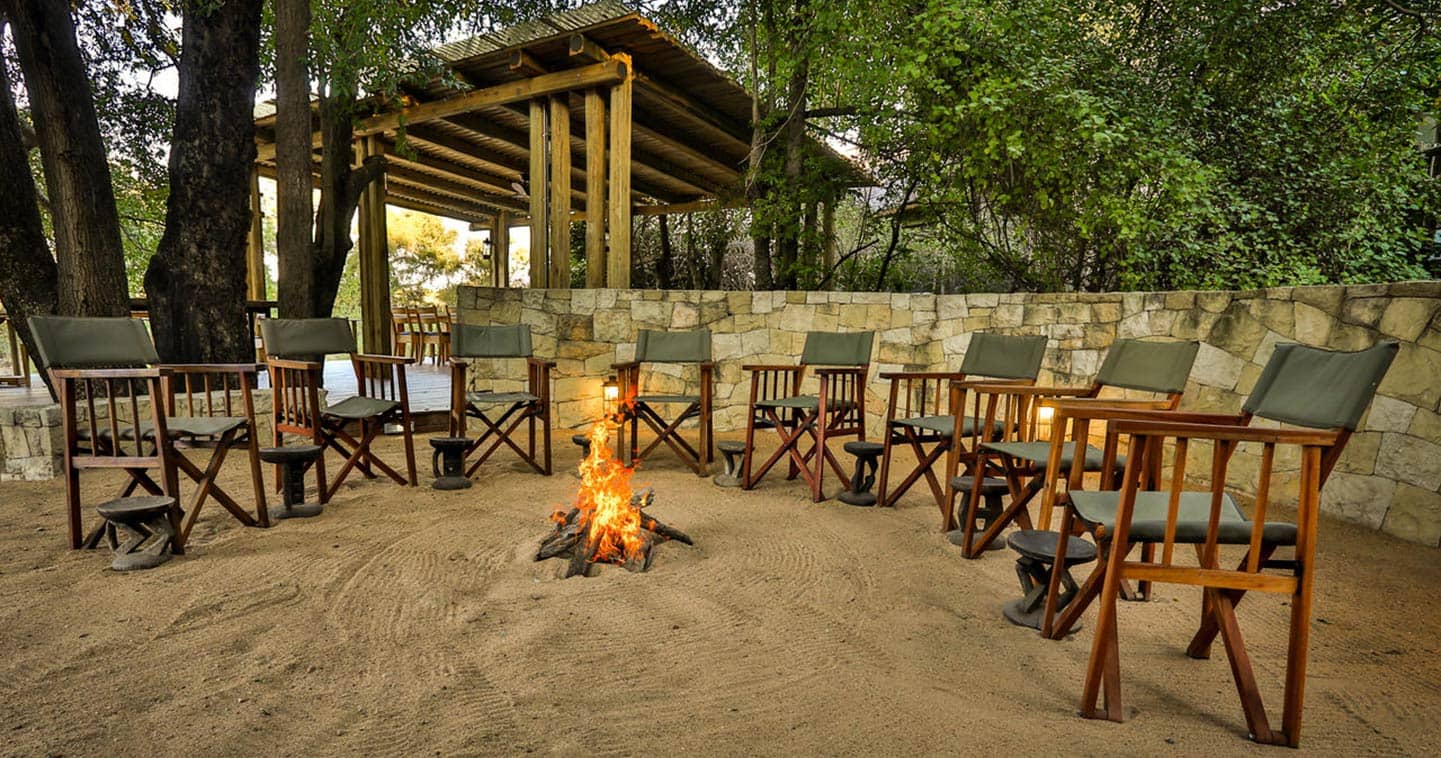
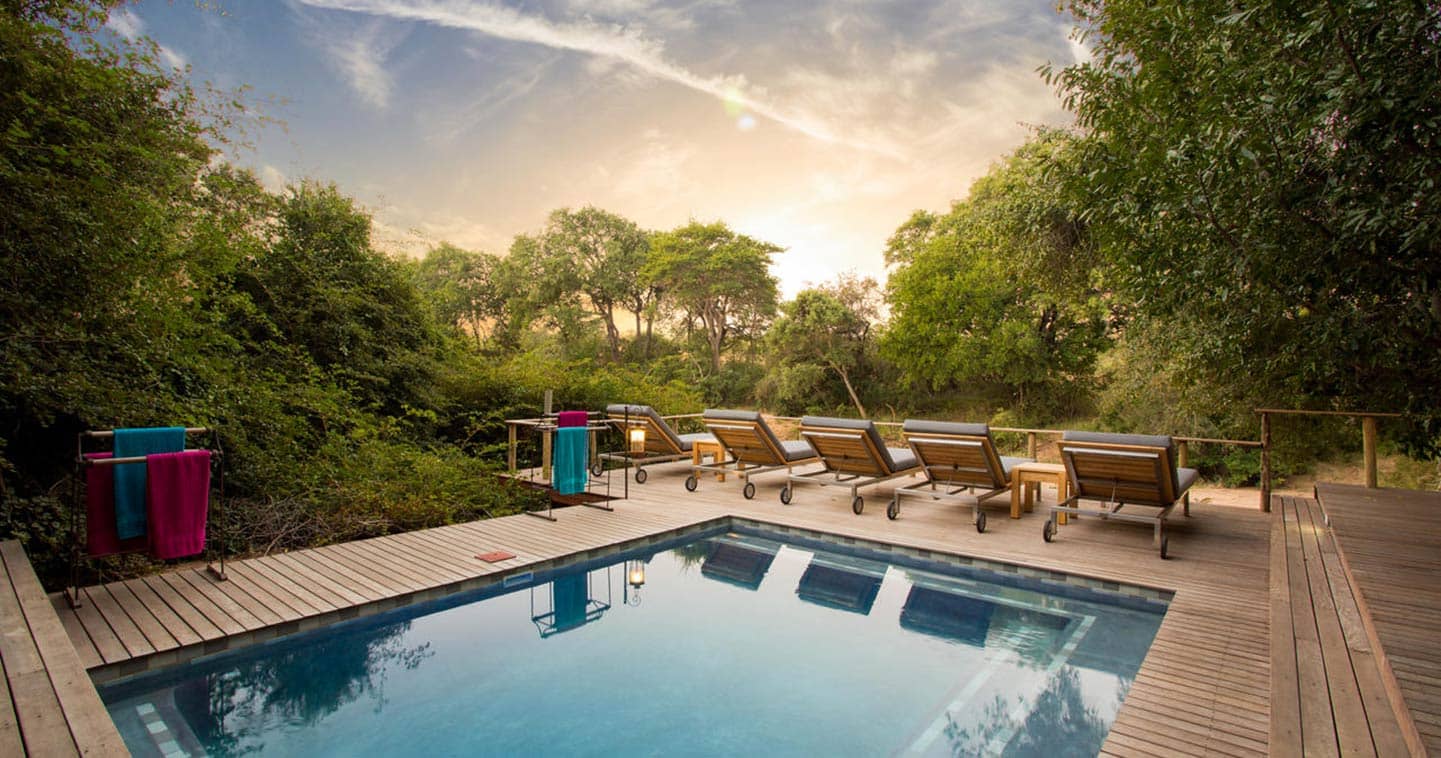
























History of the Timbavati Nature Reserve
A group of landowners with similar views realised in the early 1950s that improper land use could result in habitat deterioration and the extinction of species for future generations. Together, they established the Timbavati Association in 1956 with the intention of protecting the region's natural purity.
Since its early beginning, the reserve has expanded, encompassing 53,396 hectares and 47 landowners. The group, which is governed by a common charter, is a non-profit organisation whose only goal is to protect the local wildlife and vegetation.
The reserve's 1993 decision to remove the fences separating it from the Kruger National Park and other nearby privately held conservation areas marked a significant turning point in its history. This extension of the open system added over 184,000 hectares to what is now known as the Greater Kruger National Park. Initially, it comprised the Timbavati, Klaserie, and Umbabat Private Nature Reserves. Later, it added the Balule Nature Reserve. More recently, 14,500 hectares were opened by the removal of the fences separating the Timbavati from Thornybush, its neighbour to the west, which encouraged the movement of natural species even more.
The reserve, which had modest beginnings in the 1950s, has developed into a highly professional organisation that safeguards viable populations of numerous endangered species, including saddlebilled storks, southern ground hornbills, black and white rhinoceroses, and pangolins.
Numerous safari lodges that service both domestic and foreign visitors can be found in the Timbavati, which boosts the local tourism industry and creates jobs both inside the reserve and in the nearby towns.

A wonderful stay!
We stayed at Kambaku River Sands for 3 nights and had a wonderful stay. The hospitality there is top notch. You are truly treated like family. Our group had Nathan and Rennie for our guide/tracker and they were phenomenal. Nathan was very knowledgeable about the animals and Rennie had great eyes to see the sights. We had wonderful massages by Irene and Realize kept our drinks full at night. Palence took our group on a bush walk which was also just superb. The food was wonderful and we loved dining under the stars. It was a trip and stay of a lifetime. Thank you for the wonderful stay!
Andrea Rando

Additionally, the reserve provides funding to the Timbavati Foundation, an outreach organisation that conducts a number of initiatives to benefit nearby communities, including the installation of boreholes, sustainable shaded vegetable cultivation, and environmental education programs for students.
From the Stone Age until the early 20th century, there has only been fleeting human encroachment into this area of the Lowveld. Large areas of the northern Lowveld were never inhabited by humans on a long-term basis. The present-day Timbavati's lands were hardly impacted, and they remain largely uninhabited. Thus, this portion of the bushveld region of South Africa can be considered genuinely pure and untainted; it is authentic wildness, as opposed to the "restored" and "restocked" areas frequently seen elsewhere.
Timbavati Safari Lodges















